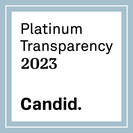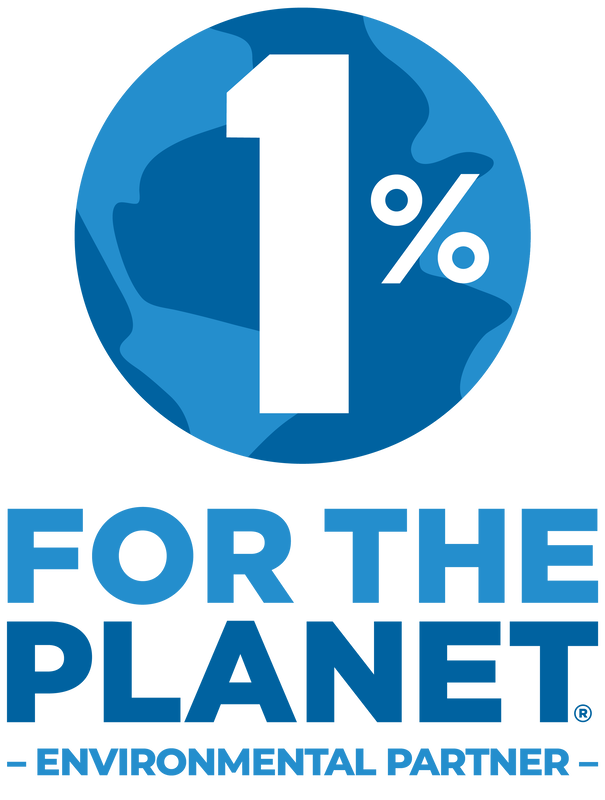|
By Tyler Valdes The School of Environmental Leadership (SEL), a flagship program of SEI, is a project-based, environmentally-focused program that emphasizes development in leadership and 21st century skills. As part of the SEL, 9th grade students implement Leadership and Environmental Action Development (LEAD) Projects which take place over the course of a semester and align with environmental themes such as climate, transportation, energy, water, waste, and food. When I joined the SEI team in the summer of 2020, I quickly became involved with supporting the Marin School of Environmental Leadership (MarinSEL) based in San Rafael. As someone with a strong background in climate science and communications, I was thrilled when I was asked to serve as a community partner for the Wildfires LEAD project team. Right away, the team of seven freshman students impressed me with their resolve, passion, and coordination. At the beginning of the semester, I saw the students excel at researching wildfire health effects, preparedness, and contributions to climate change. They reached out to experts such as Dr. Mark Stemen, Professor of Geography at Chico State University who contributed to the creation of the Cal-Adapt tool, for advice and information. Regardless of the challenges posed by social distancing and online education, the team set ambitious goals of spreading wildfire preparedness awareness to 5,000 households! However, as the semester went on and reality sunk in, the team honed in on impact rather than volume. For example, the group virtually presented their research and project progress to over 50 city officials and community members at the City of San Rafael’s Climate Change Action Plan (CCAP) meeting in October 2020. Image courtesy of unsplash.com/@bailey_i
0 Comments
By George Spencer From my work in schools, I hear the argument over and over that K-5 students cannot hear about climate change, environmental and social justice, or the reality of our world because it "is not age appropriate" or in line with the standards. It comes from everyone: teachers, parents, school administrators. And I get it, it is tough to bring up these incredibly complex and dynamic challenges to young people, especially when we are likely struggling with them ourselves. It can feel overwhelming to plunge into a conversation where we do not have the answers. I wonder, though, if our students and kids don't understand reality, what type of adults are we raising them to become?
What if it was okay for us to not always have the answer in the classroom? For us to say: “I’m not sure; let me look into that,” and actually follow up to address their question, introducing them to experts who are already working to address these issues. What if we told our students and our kids, what is actually happening, not to disempower, but to listen and hear what comes up for them? So often, young students, especially, surprise me with their creativity, ingenuity, and imagination. By Giselle Serafin Instilling environmental principles in a class of students who all have different relationships with the environment is challenging. Madison Niesyn, Environmental Leadership teacher at Del Mar Middle School, was looking for ways to engage her students, some of whom were passionate about caring for the environment and others who had not yet made the connection between environmental protection and their own lives. Madison saw zero waste as an area of common ground, a place where she could start a pathway to advocacy for students at any level of familiarity with environmental stewardship. To bring education on waste to her students Madison reached out to Zero Waste Marin(ZWM).
To kick off this partnership, Zero Waste Schools Program (ZWSP) staff held an instructional planning meeting with Madison to discuss waste topics that interested her students, and how to best incorporate these themes in her virtual classroom. ZWSP staff and Madison decided to focus on what zero waste means, why the waste sorting rules are important, and where waste goes. Students were particularly interested in plastic pollution, a locally important issue in the San Francisco Bay. ZWSP staff developed a plan for two classroom presentations on zero waste with Madison’s 7th grade class. For the first presentation, the ZWSP team joined Madison and her class virtually on Zoom. Students asked insightful questions about zero waste careers, the role of zero waste in other environmental fields, and how to take action in their communities. After the presentation, one student reflected, “Something that I’ve learned from the ZWM presentations is that if one cares about a topic, they can find outlets to pursue their interest and make our world a better place simply by educating others!” By Hernan Gallo and Jessica Redden
Bring sustainability topics into any college classroom Climate change and sustainability topics are deeply interconnected with most disciplines. The challenges and opportunities of climate change can provide a connection between real world problems and classroom content, resulting in deeper student engagement and preparation for green jobs. The Energize Colleges team has worked with colleges and universities to support integration of sustainability curriculum. Interested in collaborating with Energize Colleges on how to bring climate change and sustainability content into your course or college campus? Reach out to us at [email protected] Host sustainability trainings for faculty members Involve faculty across disciplines, including science, engineering, arts, history and policy, to infuse environmental sustainability into their academic projects! You can start by hosting hands-on workshops with industry leaders. Energize Colleges hosts virtual "train the trainer" workshops on energy and sustainability and can support you in organizing a faculty training. Looking for inspiration? Request no-cost access to the Campus as a Living Lab Train the Trainer Webinar Recording and other trainings here. |
Get In TouchDo you know an environmental leader who should be featured in a story? Reach out to [email protected]. Categories
All
Archives
April 2024
|
Get Involved
|
Contact Us
|
SEI Headquarters
100 Smith Ranch Road, Suite 124 San Rafael, CA 94903 Phone: (415) 507 - 2181 Email: [email protected] States where we work:
Arizona California Colorado Indiana Maryland New Mexico New York New Jersey North Carolina Oregon Washington Virginia |
ConnectSubscribe to the SEI quarterly newsletter to get involved and receive updates
|
SEI is a 501(c)3 nonprofit organization.

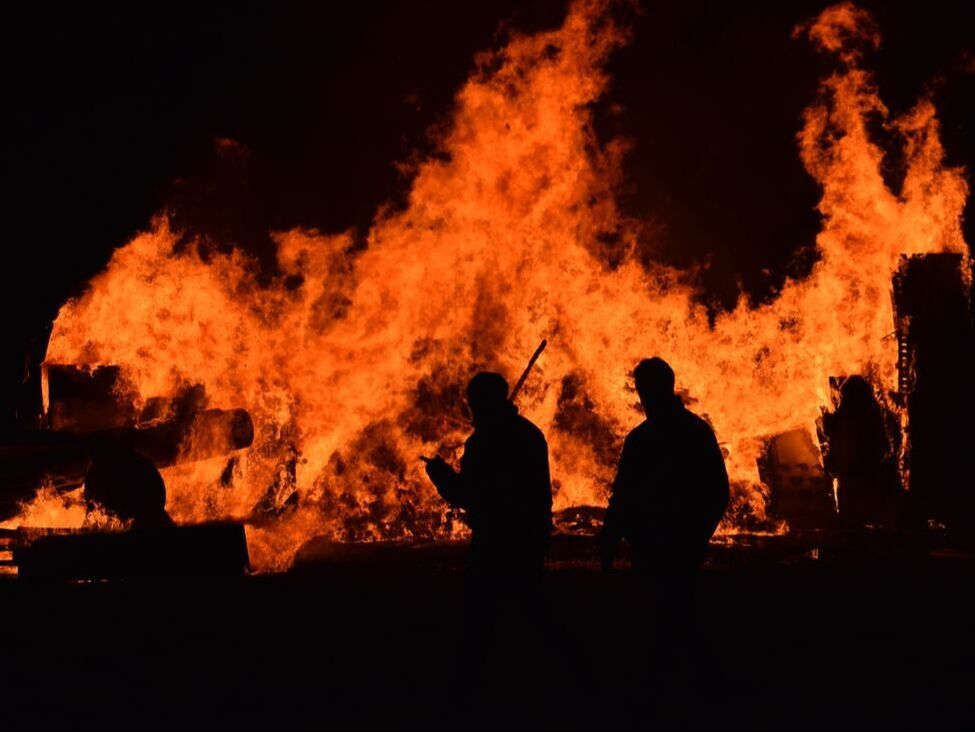
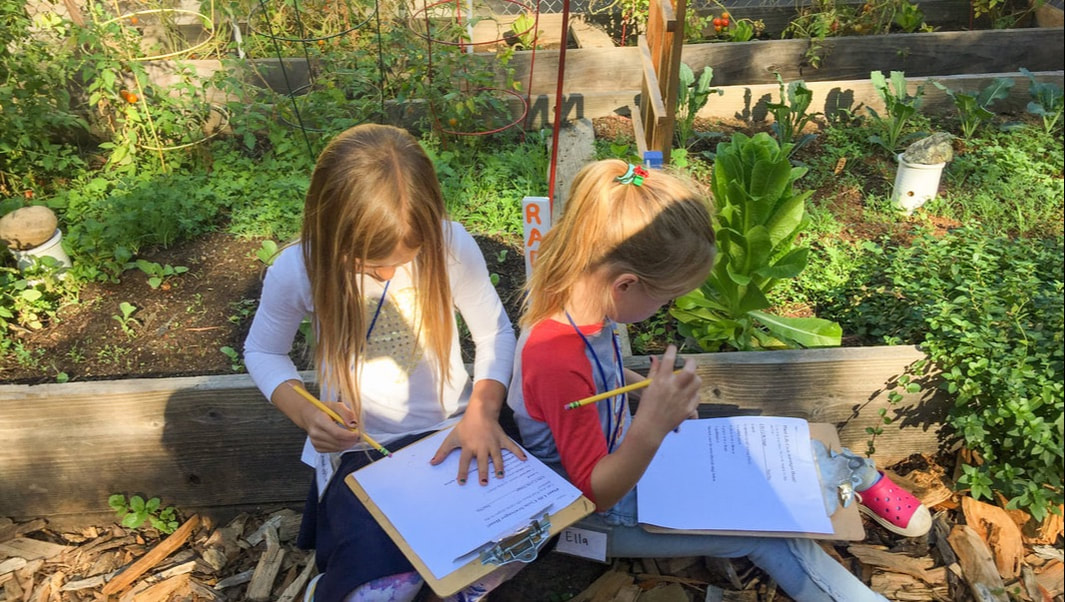
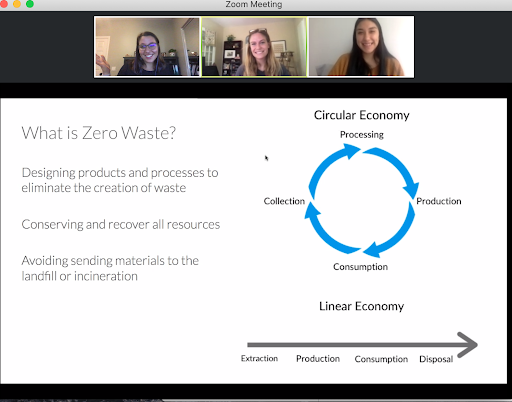
 RSS Feed
RSS Feed
